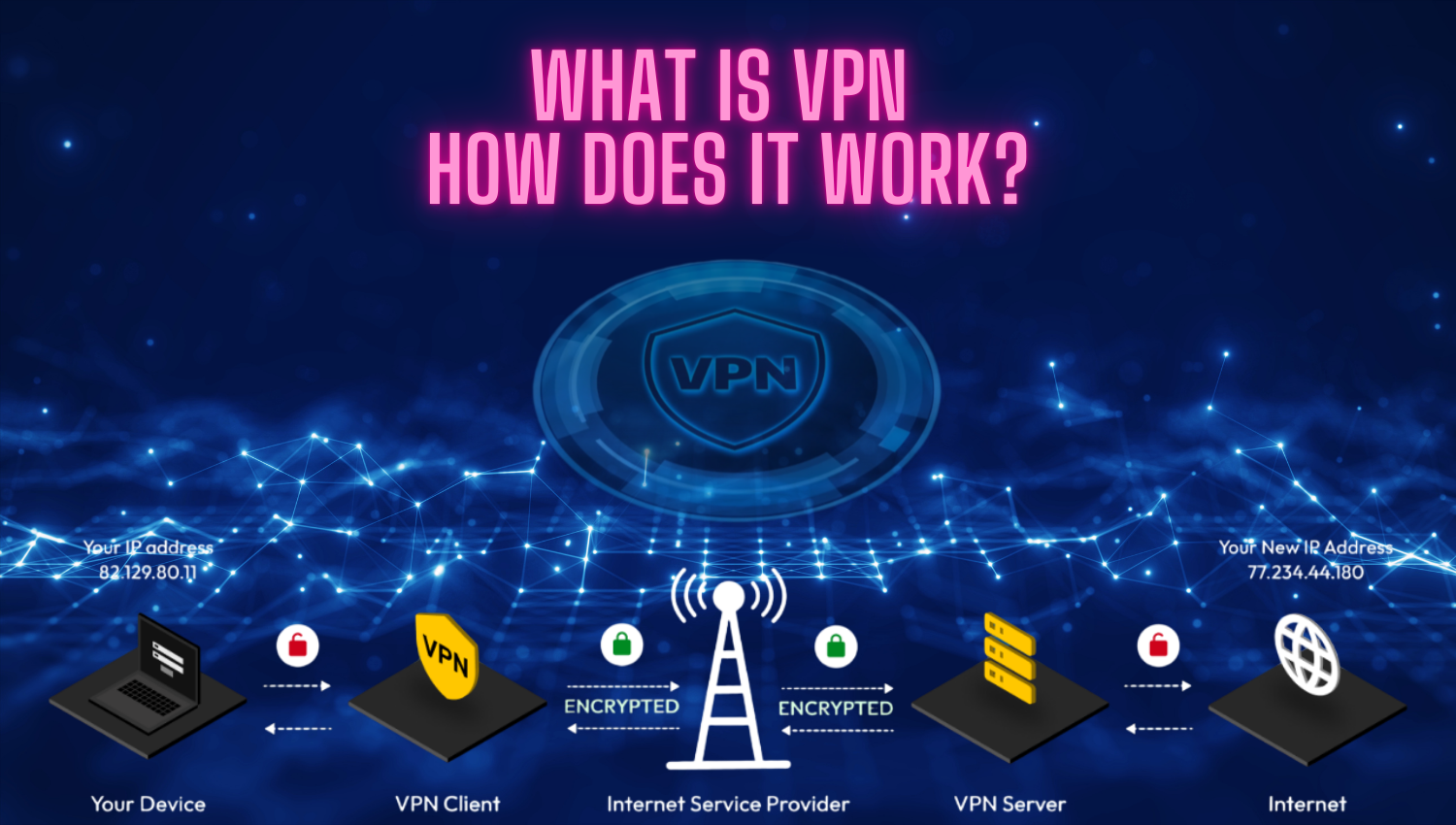Introduction
In today’s digital age, internet usage is more prevalent than ever. However, this increased connectivity brings with it numerous security and privacy concerns. Protecting personal information online, preventing tracking of browsing activities, and bypassing geographical restrictions are just a few reasons why Virtual Private Network (VPN) technology has become increasingly important. This article will explore what a VPN is, how it works, its benefits, and why you should consider using one.
Learning Objectives
By the end of this article, readers will:
- Understand what a VPN is,
- Learn how a VPN operates,
- Discover the benefits of using a VPN connection,
- Grasp the reasons why using a VPN connection is essential.
What is a VPN?
A Virtual Private Network (VPN) is a technology that creates a secure and encrypted connection over a less secure network, such as the Internet. It allows users to send and receive data as if their devices were directly connected to a private network. This enhances the security of online activities while also protecting user privacy. VPNs are commonly used by individual users to improve internet security and by businesses to provide secure remote access for employees.
By using a VPN, users gain greater control over their internet experience. This technology enables them to remain anonymous online while bypassing geographical restrictions to access desired content.
How Does a VPN Work?
VPNs operate by encrypting internet traffic and masking the user’s IP address. Here are the fundamental principles of how they work:
- Encryption: A VPN encrypts the user’s internet traffic, making it unreadable to anyone who might intercept it. Encryption algorithms ensure that your data remains secure, which is particularly critical when using public Wi-Fi networks.
- IP Address Masking: When a user connects to a VPN server, their real IP address is hidden and replaced with the IP address of the VPN server. This makes it difficult for third parties to track online activities, allowing users to browse the internet anonymously.
- Tunneling Protocols: VPNs use various tunneling protocols to establish secure connections. These protocols create a “tunnel” through which data travels securely between the user’s device and the VPN server. Common protocols include OpenVPN, L2TP/IPsec, and IKEv2.
- Data Transmission: User data is first encrypted and then sent to the server. The server receives this data and forwards it to the intended website, retrieving the response and sending it back to the user in an encrypted format.

Benefits of Using a VPN Connection
Using a VPN offers numerous advantages:
- Privacy Protection: Users’ online activities become harder to monitor or track. This is especially important for protecting personal information from prying eyes.
- Bypassing Geographical Restrictions: Users can access content that may be restricted in certain regions. For example, some streaming services are only available in specific countries; with a VPN, these restrictions can be circumvented.
- Secure Remote Access: For businesses, Services provide employees with secure access to corporate networks from remote locations. This has become increasingly vital in today’s remote work environment.
- Protection Against Malware: Some of services offer additional protection against malware and phishing attacks, providing users with an extra layer of security during their online activities.
Why Should You Use a VPN Connection?
There are several compelling reasons to consider using a VPN:
- Protection of Personal Data: Especially important when using public Wi-Fi networks where personal information can be vulnerable to theft by malicious actors.
- Internet Freedom: A VPN allows users to bypass censorship and access blocked websites, providing a more open internet experience.
- Enhanced Security: Adds an extra layer of protection against cyber threats, making it harder for hackers to compromise sensitive information.
- Anonymity: By hiding your identity online, you can enjoy greater anonymity while browsing or engaging in online transactions.
Conclusion
VPN technology plays a crucial role in ensuring security and privacy in today’s digital landscape. It serves as an effective tool for protecting personal data, bypassing geographical restrictions, and keeping online activities confidential. If you’re looking to enhance your internet security and privacy, considering a service is highly advisable. Remember that every step you take towards securing your digital presence is important; thus, choosing the right service is equally critical for achieving optimal protection.


Research and select a well-reviewed VPN service known for strong security features and reliable performance.
I love how your article emphasizes privacy protection. It’s something we all need to think about more!